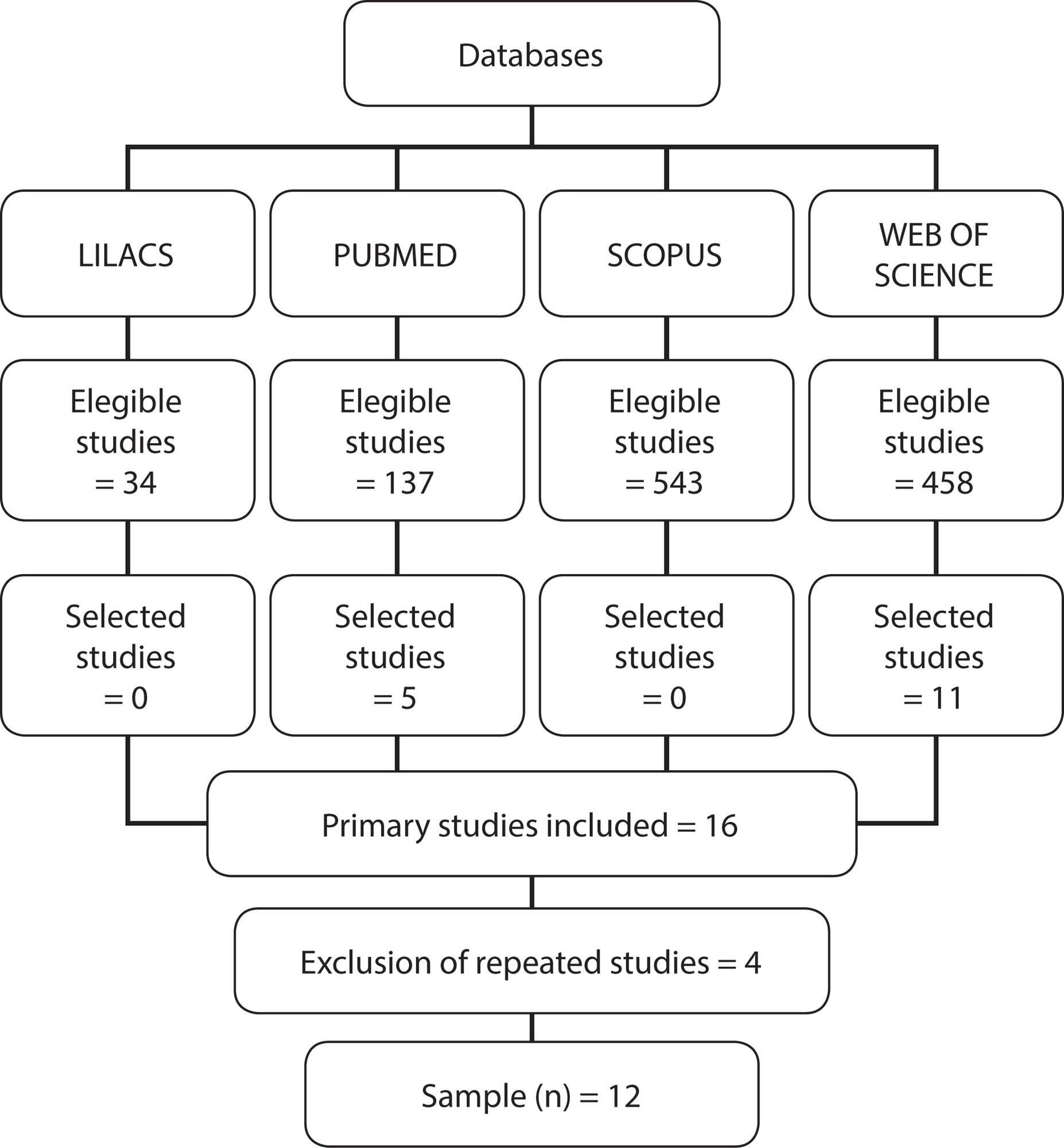-
REVISÃO
Humor intervention in the nurse-patient interaction
Revista Brasileira de Enfermagem. 2019;72(4):1078-1085
08-19-2019
Abstract
REVISÃOHumor intervention in the nurse-patient interaction
Revista Brasileira de Enfermagem. 2019;72(4):1078-1085
08-19-2019DOI 10.1590/0034-7167-2018-0609
Views0ABSTRACT
Objective:
To describe the factors influencing the use of humor in nursing care, its applicability and benefits.
Method:
A scoping review was performed using the Arksey and O’Mally methodology. A search for articles published between 2008 and 2018 was performed using the platforms EBSCO Host, Virtual Health Library and Google Scholar.
Results:
From the initial 465 articles found, 17 were included for final revision. Data allowed to retrieve information on humor definition; its applicability as a nursing intervention; humor as a tool to improve nurse-patient communication and relationship; influence factors; type of humor interventions; humor benefits in health care context and; limitations and precautions of humor intervention.
Conclusion:
The use of humor promotes both communication and human interaction; it promotes well-being; helps deal/cope with difficult and unpleasant situations, reduces tension, discomfort and stress; and strengthens the immune system. This intervention should be used with caution.
Keywords:CommunicationNurse-Patient RelationsNursingPatient Outcome AssessmentWit and Humor as SubjectSee more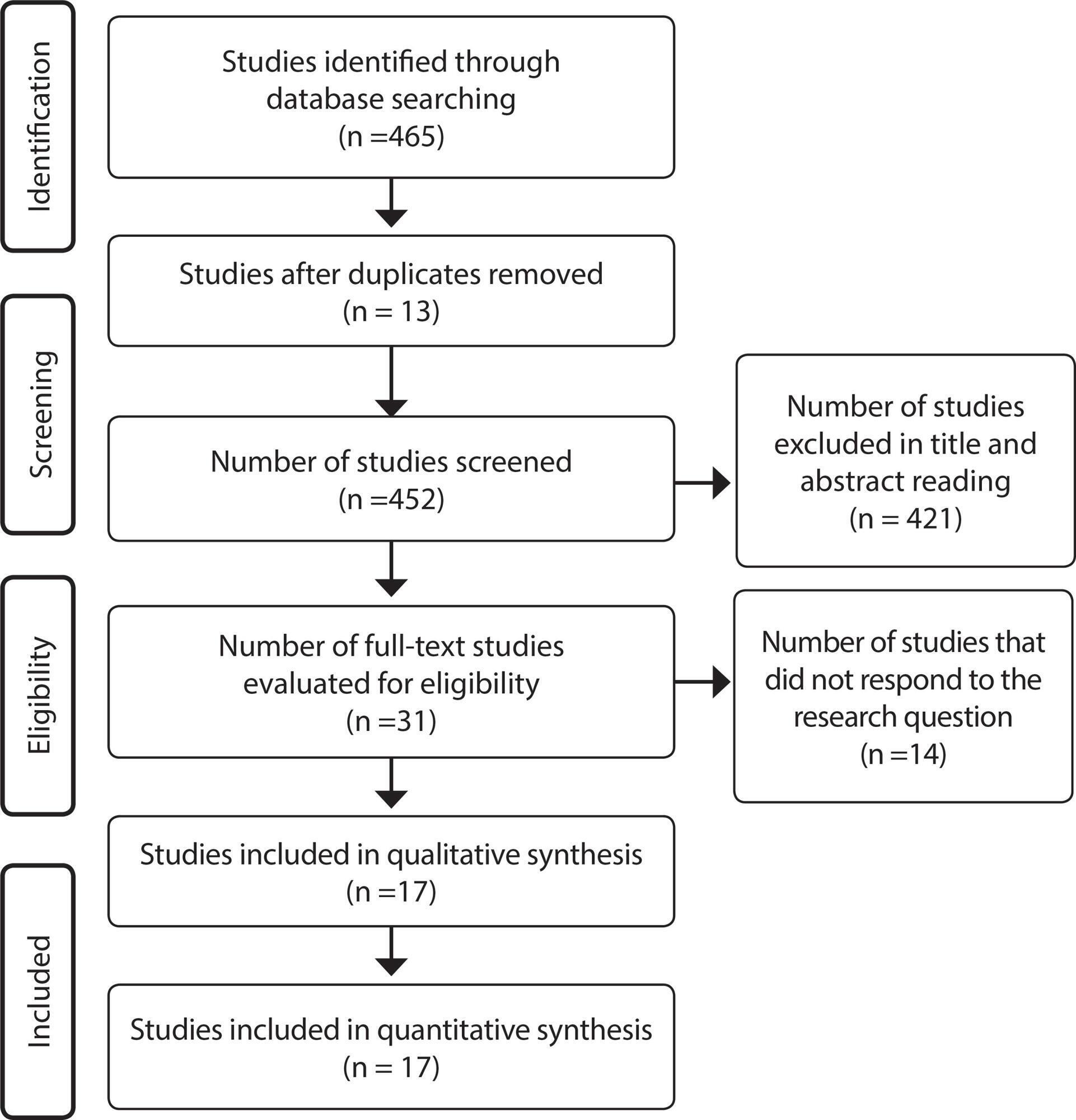
-
REVISÃO
Professional education on dementias in Primary Health Care: an integrative review
Revista Brasileira de Enfermagem. 2019;72(4):1086-1093
08-19-2019
Abstract
REVISÃOProfessional education on dementias in Primary Health Care: an integrative review
Revista Brasileira de Enfermagem. 2019;72(4):1086-1093
08-19-2019DOI 10.1590/0034-7167-2018-0652
Views0See moreABSTRACT
Objective:
To investigate the most commonly used educational approaches in dementia training for primary health care professionals.
Method:
Integrative literature review, conducted between April and June of 2018, in PubMed, LILACS and IBECS databases. The descriptors used were: Training, Health Personnel, Dementia, Primary Health Care for PubMed; and the MeSH terms, Training Programs, Health Personnel, Dementia, and Primary Health Care for LILACS and IBECS.
Results:
The sample consisted of 13 articles; eight were published in the last five years (62%); seven articles with a quantitative approach (54%); seven articles produced on the European continent (54%), followed by five published on the North American continent (38%). All journals were from the health area (100%).
Conclusion:
Educational strategies were combined and used for education. Significant improvements in knowledge, skills, and attitudes of the teams with regard to professional management of dementias were evidenced.

-
REVISÃO
Nursing performance in robotic surgeries: integrative review
Revista Brasileira de Enfermagem. 2019;72(3):795-800
06-07-2019
Abstract
REVISÃONursing performance in robotic surgeries: integrative review
Revista Brasileira de Enfermagem. 2019;72(3):795-800
06-07-2019DOI 10.1590/0034-7167-2018-0426
Views0ABSTRACT
Objective:
To know the scientific production on the performance of the nursing staff in robotic surgeries, identifying the role of the nurse in the three perioperative periods.
Methods:
Integrative review, search in the databases National Library of Medicine, National Institutes of Health, Scientific Electronic Library Online and Biblioteca Virtual em Saúde, performed from June to September, 2017; 17 selected articles met the inclusion criteria.
Results:
Most articles were published in foreign journals in English, nine in the United States, classified with evidence level of 4 and 5. The role of nursing in the perioperative period was identified, related mainly to patient safety. The most mentioned perioperative period in the articles was the intraoperative, with greater concern in the positioning of the patient.
Conclusion:
The nursing performance and patient safety in robotic surgeries are similar to the ones in major surgeries, requiring from the patient a specific knowledge on the setting and preparation of the robot.
Keywords:Nurse's RolePerioperative NursingRoboticsSurgical Procedures, OperativeTechnological DevelopmentSee more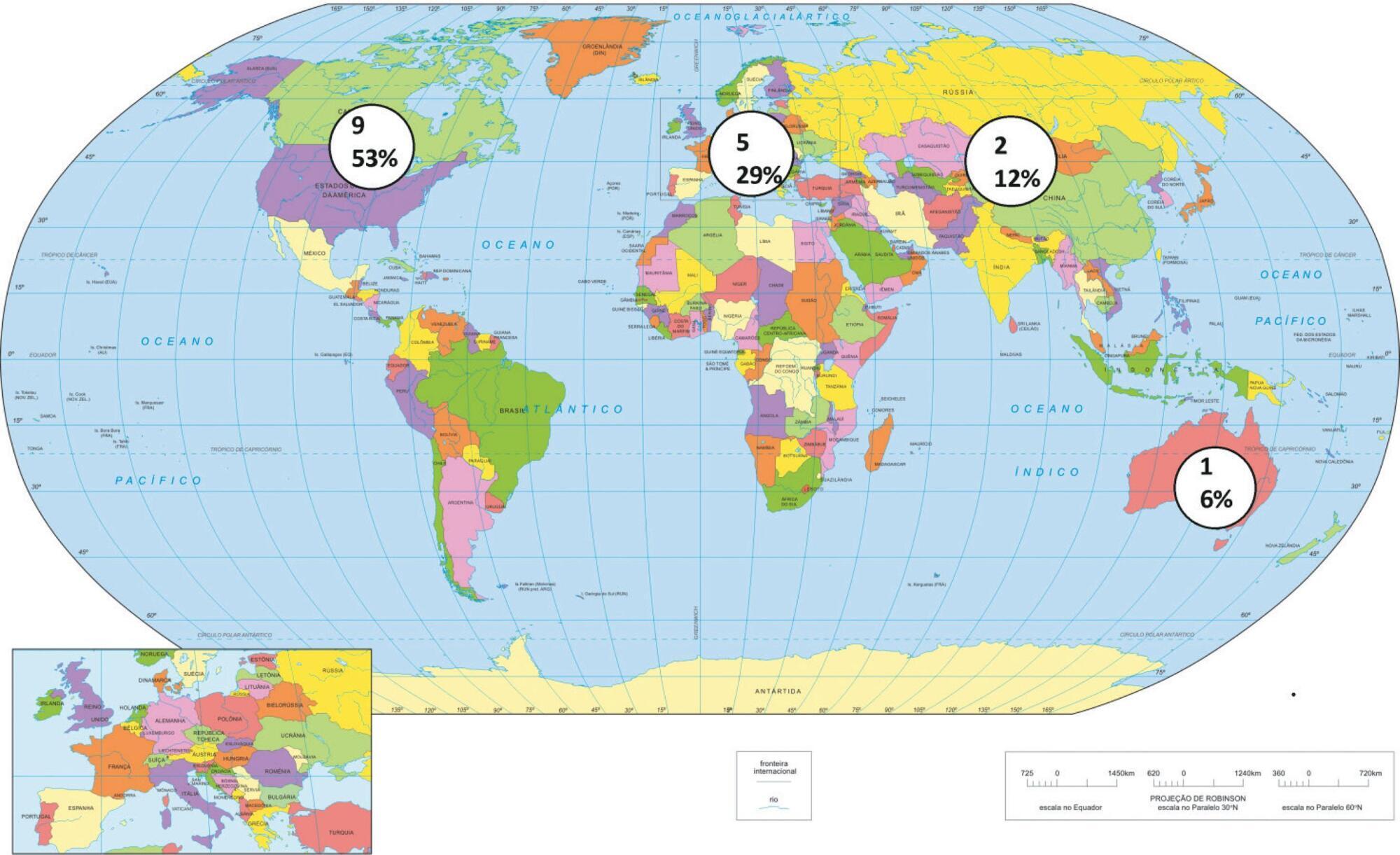
-
REVISÃO
Simpósio Nacional de Diagnóstico de Enfermagem: building a knowledge field for Nursing
Revista Brasileira de Enfermagem. 2019;72(3):801-808
06-07-2019
Abstract
REVISÃOSimpósio Nacional de Diagnóstico de Enfermagem: building a knowledge field for Nursing
Revista Brasileira de Enfermagem. 2019;72(3):801-808
06-07-2019DOI 10.1590/0034-7167-2018-0916
Views0See moreABSTRACT
Objective:
to recount the story of the Simpósio Nacional de Diagnóstico de Enfermagem (National Nursing Diagnosis Symposium), from 1991 to 2018, describing the official themes and main recommendations; and reflect on the construction, in this process, of a specific field of knowledge for Nursing.
Results:
the manuscript became a historical study, using official documents resulting from the thirteen Symposiums conducted in the period from 1991 to 2018 as the primary source of empirical data. The outcomes were divided into two stages, from 1991 to 1992, when the event was linked to Interest Groups in Nursing Diagnosis; and from 1996 to 2018, when ABEn Nacional took over the organization and execution of the event.
Final considerations:
the socialization and exchange of knowledge about systematization of care, Nursing Process and nursing terminologies, themes focused on SINADEn, contributed decisively to the construction of a fruitful field of knowledge for Nursing.
-
REVISÃO
Lawsuits in health: an integrative review
Revista Brasileira de Enfermagem. 2019;72(3):809-817
06-07-2019
Abstract
REVISÃOLawsuits in health: an integrative review
Revista Brasileira de Enfermagem. 2019;72(3):809-817
06-07-2019DOI 10.1590/0034-7167-2018-0551
Views0See moreABSTRACT
Objective:
To analyze the national and international scientific evidence available in the literature on types of judicialization of health lawsuits.
Method:
Integrative review, which selected primary studies in the PubMed, LILACS, Web of Science and Scopus databases, with the
Descriptors:
judicial decisions, health’s judicialization, Saúde (in Portuguese), Health, and the keyword: Judicial Action.
Results:
30 studies were selected. In Brazil, the majority were legal claims for medicines and the other for medical errors, requests for vaccines, supplies for diabetics, food compounds, surgical procedure, examinations, among others. In international studies, lawsuits were found for medication, benefit coverage and hospitalization for psychiatric treatment.
Conclusion:
It is evident that the most demanded type of lawsuit was access to the medication at an international level. It is still more noticeable the little discussion on this subject, demonstrating that judicialization of medicines can indicate a reality of Brazil.
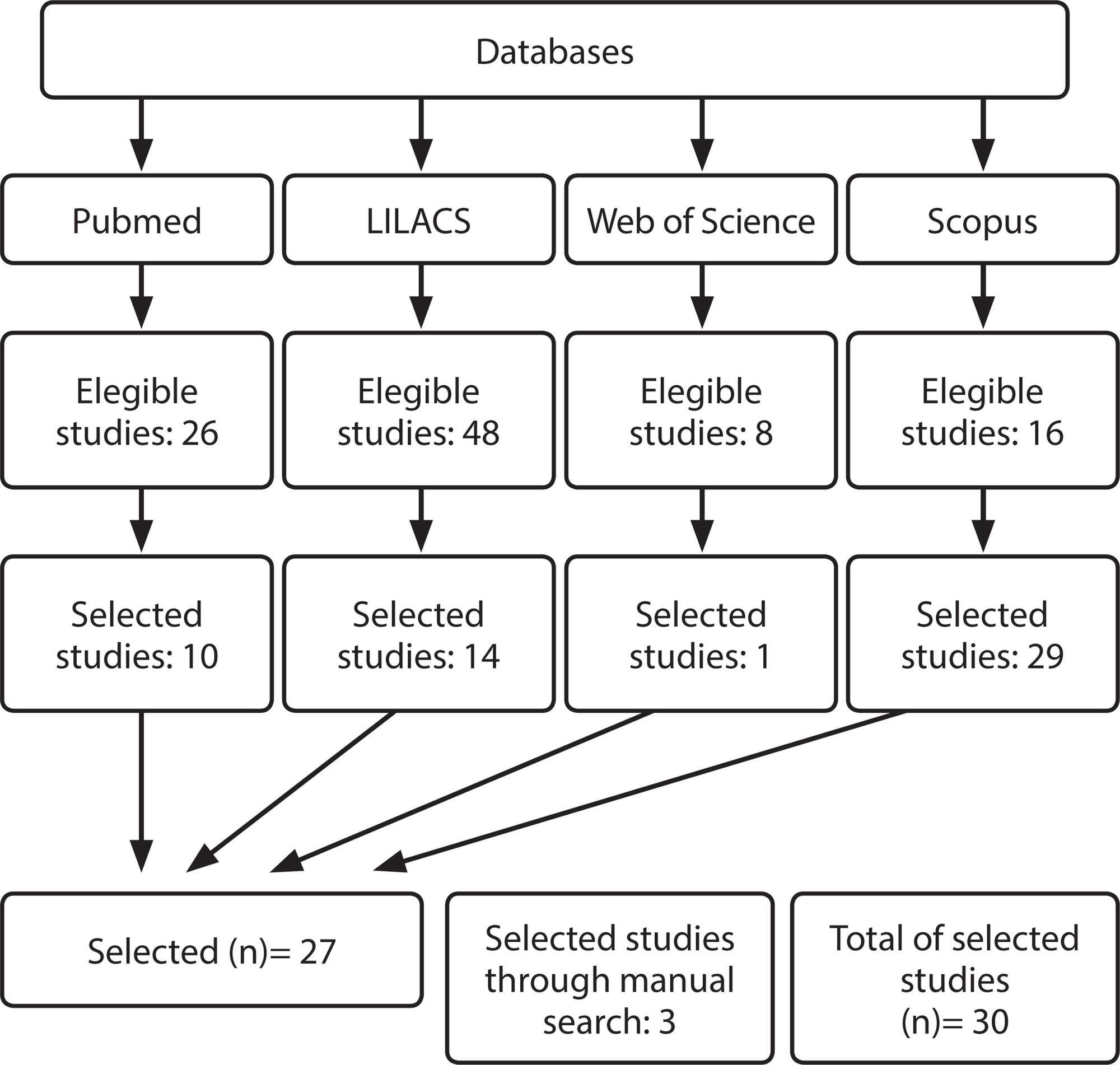
-
REVISÃO
Real and illusory perceptions of patients in induced coma
Revista Brasileira de Enfermagem. 2019;72(3):818-824
06-07-2019
Abstract
REVISÃOReal and illusory perceptions of patients in induced coma
Revista Brasileira de Enfermagem. 2019;72(3):818-824
06-07-2019DOI 10.1590/0034-7167-2017-0906
Views0See moreABSTRACT
Objective:
To identify, in the scientific literature, real and illusory perceptions of adult patients in induced coma.
Methods:
This is an integrative review of 15 primary studies from the Medline, Web of Science, LILACS, CINAHL and SCOPUS databases.
Results:
The main memories reported after induced coma were thirst, cold, and pain. In some studies, patients reported they were unable to tell whether they were awake or dreaming, whether it was real or unreal. Satisfactory memories were reported by patients related to the care received and the use of bedside journals.
Conclusion:
Evidence showed a number of studies aiming to identify delirium, but without a focus on analyzing real or illusory perceptions of patients after induced coma. Thus, this integrative review identified scientific evidence of memories related to perceptions of sedated patients in the intensive care unit.
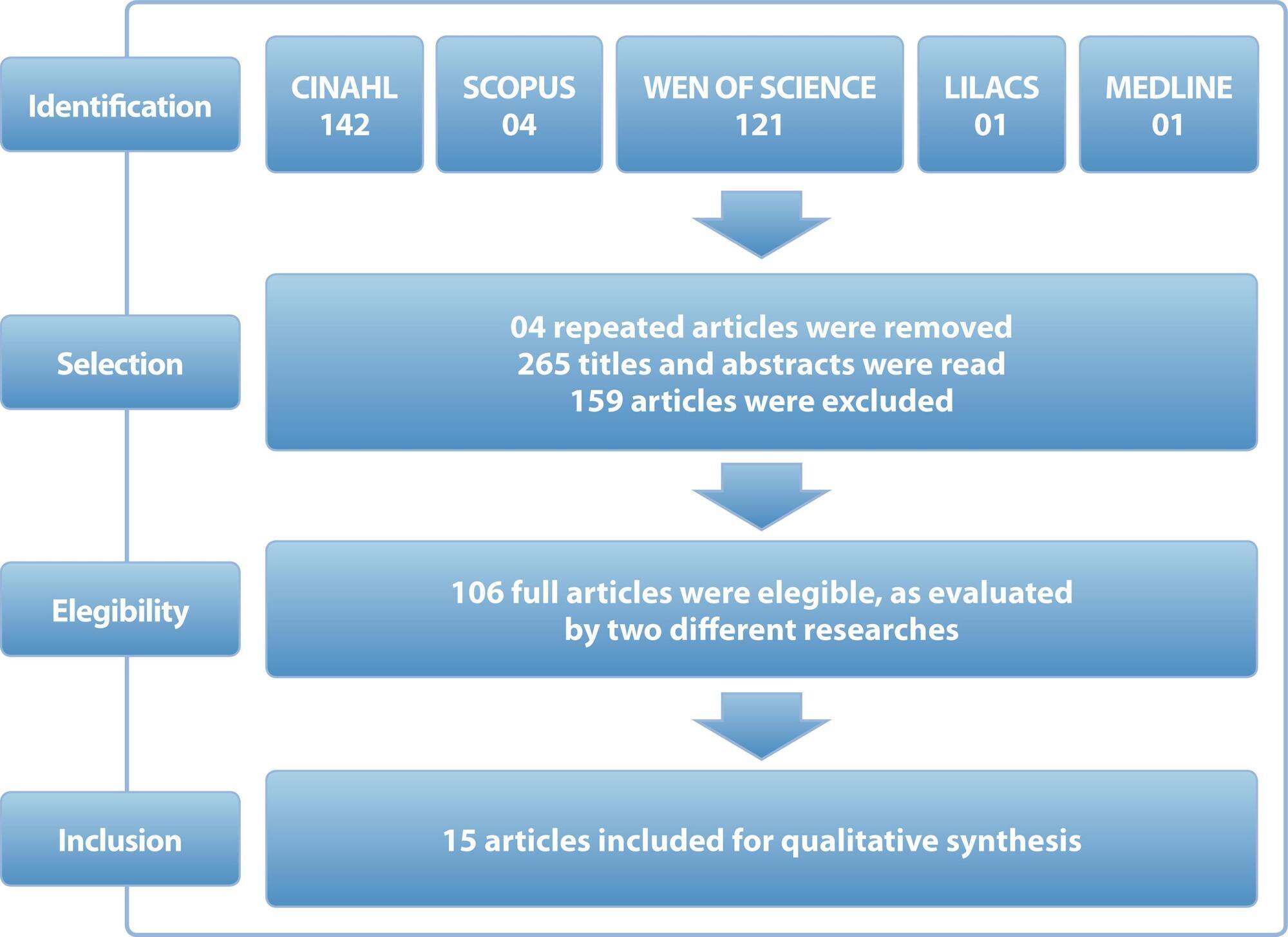
-
REVISÃO
Nursing Care in Healthcare-Associated Infections: A Scoping Review
Revista Brasileira de Enfermagem. 2019;72(2):476-483
04-18-2019
Abstract
REVISÃONursing Care in Healthcare-Associated Infections: A Scoping Review
Revista Brasileira de Enfermagem. 2019;72(2):476-483
04-18-2019DOI 10.1590/0034-7167-2018-0418
Views0See moreABSTRACT
Objective:
To identify and map nursing care to the adult patient with Healthcare-Associated Infections admitted to the Intensive Care Unit.
Method:
Scoping Review, conducted in January 2018, through the search of studies in national and international databases, journals, catalogs of theses and dissertations, and websites of Brazilian health institutions. We included full surveys published in the Portuguese, Spanish or English language; which had as object of study the researched subject, besides manuals and protocols. We analyzed the type of material, year, country, population, method, Level of Evidence, and nursing care. The final sample consisted of 33 publications.
Results:
Among the nursing care to the patient, hand hygiene was identified, general care in nursing procedures, use of protocols, effective communication and periodic training.
Conclusion:
Identifying patient care with infection was important in order to list methods and reorient nursing activities.
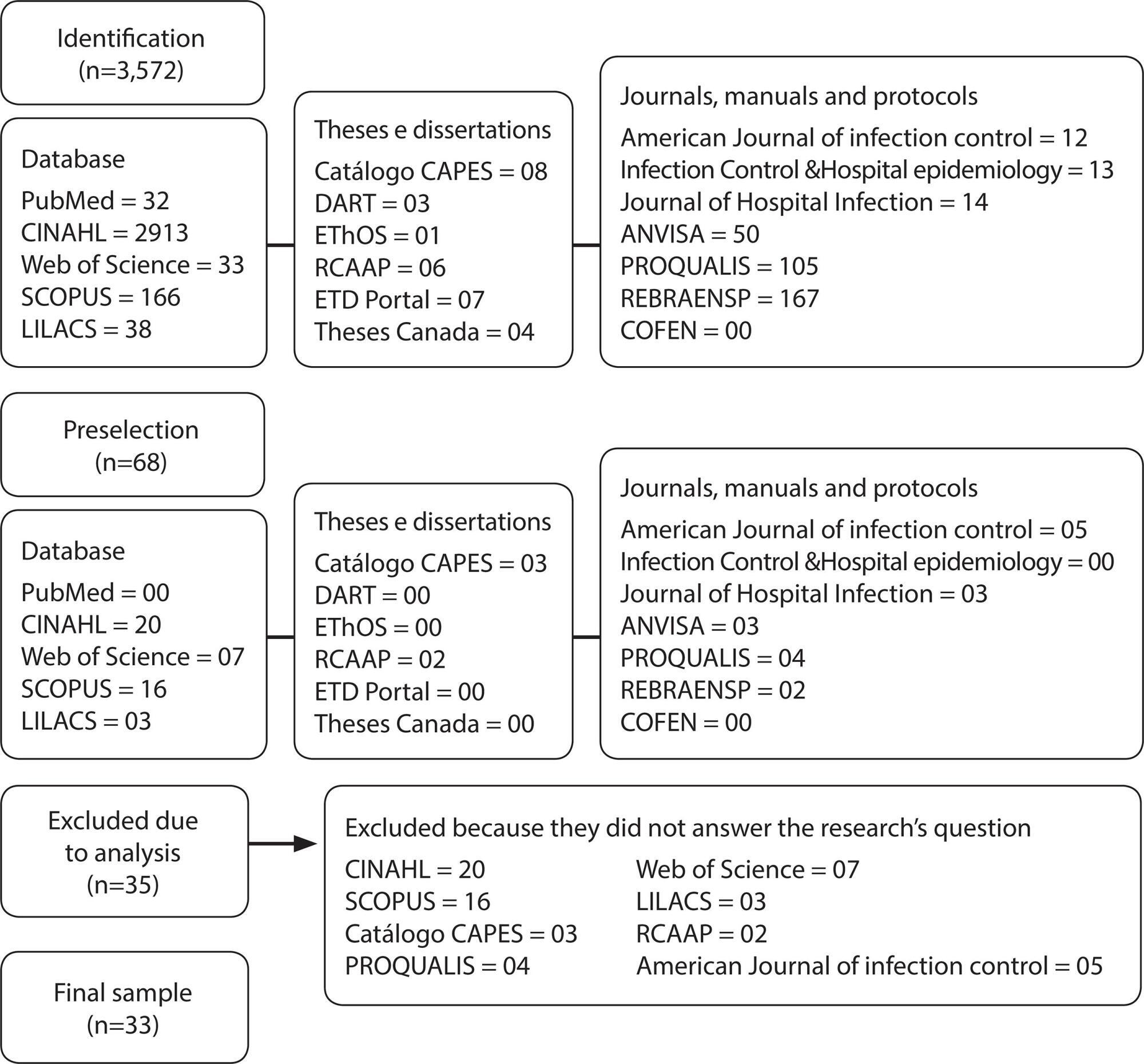
-
REVISÃO
Effect of chewing gum on thirst: an integrative review
Revista Brasileira de Enfermagem. 2019;72(2):484-493
04-18-2019
Abstract
REVISÃOEffect of chewing gum on thirst: an integrative review
Revista Brasileira de Enfermagem. 2019;72(2):484-493
04-18-2019DOI 10.1590/0034-7167-2018-0132
Views0See moreABSTRACT
Objective:
To identify and analyze the evidence on the effect of chewing gum on thirst in adults.
Method:
Integrative review, guided by the question: “What is the scientific evidence about the effects of chewing gum on adult’s thirst?” LILACS, PubMed, Scopus and Web of Science were the databases consulted.
Results:
Of a total of 2,414 articles found, 12 papers were selected whose publications varied between 1991 and 2016. The use of chewing gum resulted in increased salivary volume (five studies), xerostomia relief (seven studies), and thirst reduction (four studies). It was not possible to establish the number of chewing gums per day, being frequent the recommendation to use as desired. There was a predominance of studies with patients under dialysis and with cancer.
Conclusion:
Chewing gum is an effective strategy to reduce thirst discomfort in adults.
